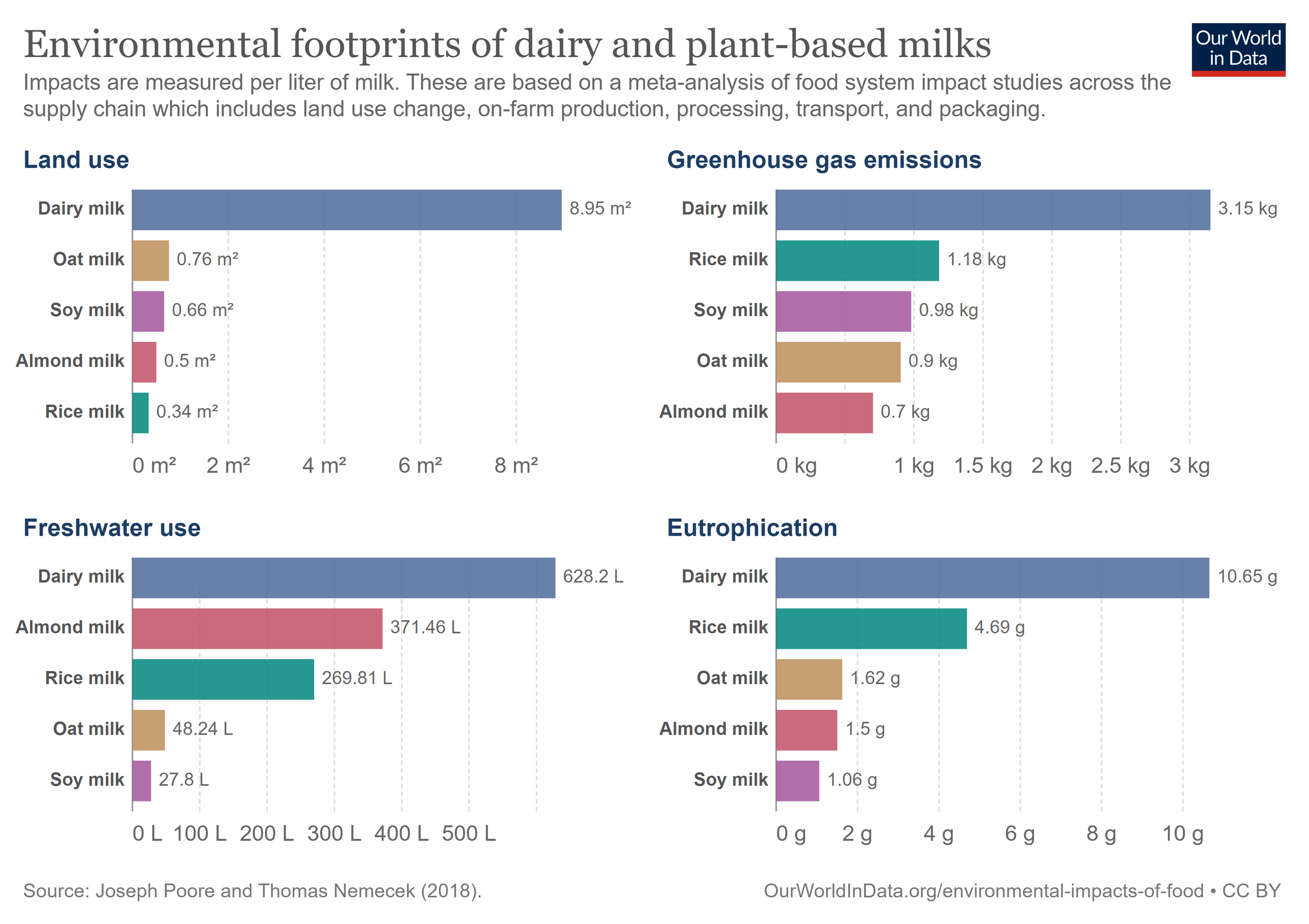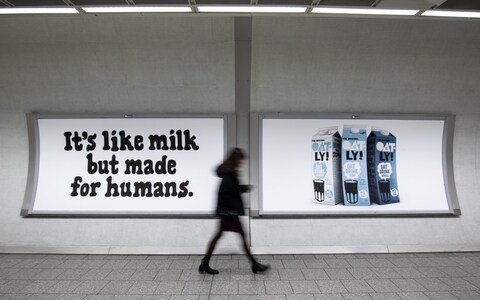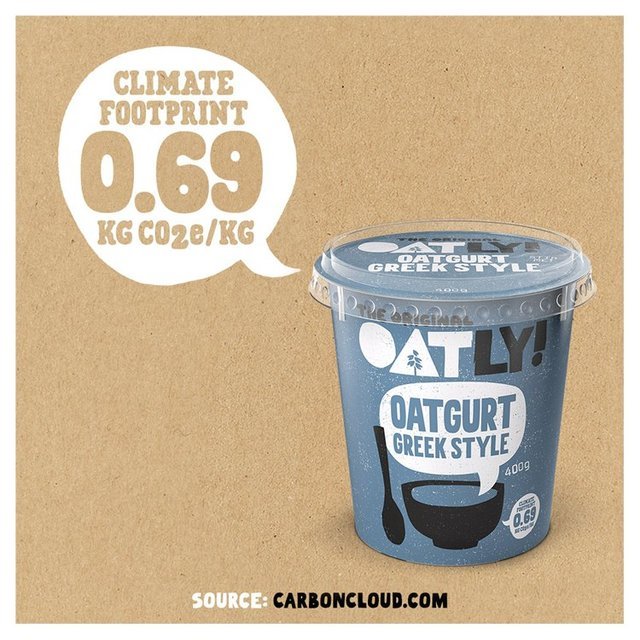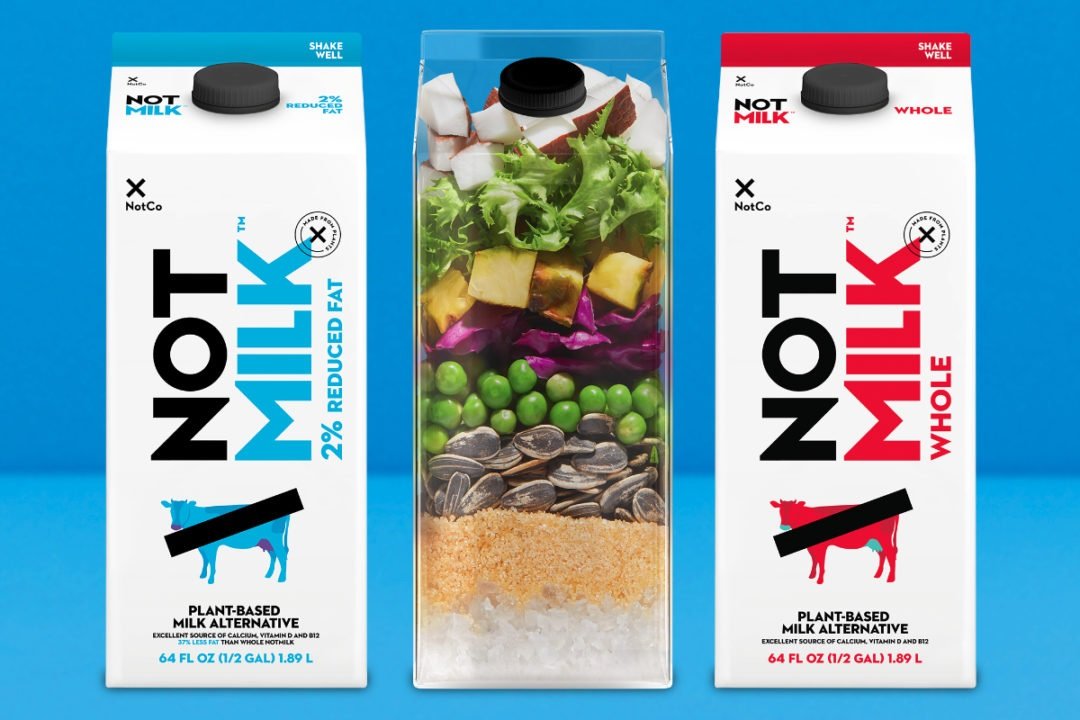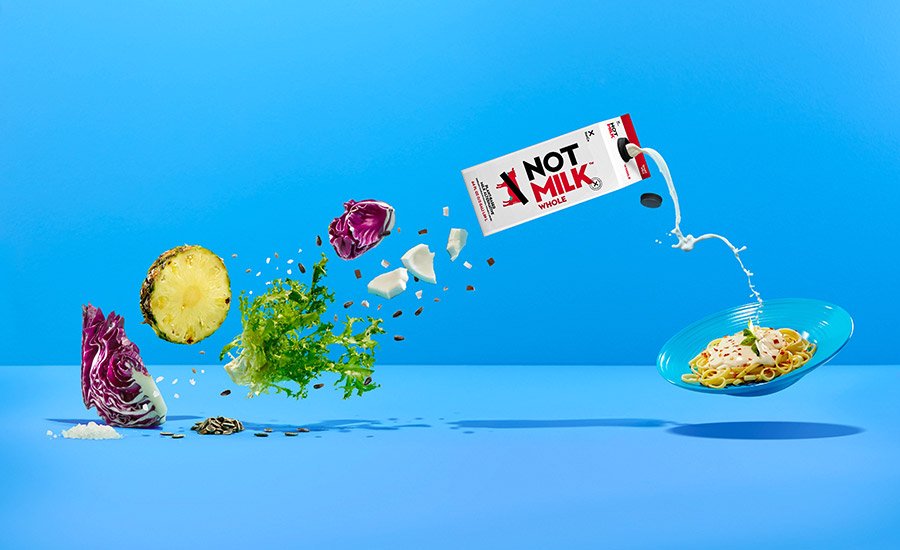What Is Milk? FDA Label Draft Sparks Dairy Industry Controversy
The battle over food labelling has reached a new level in the US with the release of a new “Food and Drug Administration” (FDA) label draft that has sparked controversy within the dairy industry. The proposed labelling recommendations suggest that plant-based milk may be called “milk,” which has caused outrage among dairy farmers and legal experts.
The National Milk Producers Federation says that “The use of dairy terms on non-dairy products misleads consumers into believing that these imitations are equivalent to real dairy products and is a violation of long-standing federal standards.”
However, the “Plant Based Foods Association” (PBFA) argues that using terms like “milk” and “cheese” to describe plant-based products is not misleading, as consumers understand that these products are made from plants. According to PBFA Executive Director Michele Simon, “Consumers are not confused by plant-based foods, and the use of the word 'milk' in the context of soy, almond, and other plant-based beverages has been used for decades without any confusion whatsoever.”
The dairy industry's reaction to the new recommended guidelines is hardly surprising. With dairy sales on the decline, they're fighting tooth and nail to maintain their market share, and labelling battles are just one front in that larger fight. This opposition to the FDA draft is mirrored globally as well. For instance, Turkey has gone so far as to ban the production of vegan cheese due to concerns over the use of dairy-related terminology. Meanwhile, the EU's Amendment 171, which aimed to restrict the use of terms like “milk” and “cheese” for plant-based products, was withdrawn after heavy lobbying by the plant-based food industry.
Plant-based diets are a key means of achieving emissions targets, reducing land and water use, and preventing further global biodiversity decline and poor animal welfare practices. According to a study by the University of Oxford, without cutting emissions from our food system, it will be impossible to meet the Paris climate agreement targets. In fact, research from Our World in Data shows that dairy products have a much larger environmental impact than plant-based alternatives. For example, producing a liter of cow's milk requires around 1,020 liters of water, while producing a liter of oat milk requires only 48 liters of water. The same study found that beef and lamb have the highest greenhouse gas emissions, followed by cheese and pork, with plant-based foods having the lowest emissions. The lead author of the study, Joseph Poore, said, “A vegan diet is probably the single biggest way to reduce your impact on planet Earth, not just greenhouse gases, but global acidification, eutrophication, land use, and water use.”
Furthermore, the negative impact of dairy on the environment extends beyond just water and land use. According to the Food and Agriculture Organization of the United Nations, the dairy industry is responsible for about 4% of global greenhouse gas emissions. This is due to the methane that cows emit during digestion, as well as the energy required to produce, transport, and process dairy products.
Sweden is setting the standard for transparency in the food industry by introducing environmental information on food product labels. These labels provide vital information about a product's carbon footprint, water consumption, and land use, empowering consumers to make informed choices about the food they purchase. One standout company hailing from Sweden is none other than “Oatly”. This innovative company produces oat-based beverages that offer a more sustainable and healthier option to traditional dairy milk. What’s more, they recently introduced climate footprint labelling in North America and even reformulated their popular ‘Oatgurt’ line. “Oatly” is leading the way in demonstrating how companies can incorporate transparency and sustainability into their products to benefit both consumers and the planet.
But “Oatly” isn't just changing the game with their products – they're also using unconventional marketing tactics to win over consumers. In 2021, they took the Super Bowl by storm with their hilarious commercial featuring a song written and performed by their CEO Toni Petersson. The commercial was actually produced in 2014 but was banned in Sweden following a lawsuit from the country's dairy lobby.
“Oatly” may have won the show with their quirky marketing tactics, but they're not the only one in the game. Chile-based company “NotCo” has also joined the fray by bringing 'NotMilk' to the market. And of course, the dairy industry sued them as well. But the plant-based food industry isn't backing down, and “NotCo” has continued to gain popularity with their innovative and sustainable products.
In the end, it's clear that the debate over food labelling is more than just a legal battle between dairy farmers and plant-based companies. It's a crucial conversation that affects the health of our planet and the lives of animals. As Sweden and other countries lead the way in providing transparent information on food labels, consumers can take an active role in making more informed decisions about what they eat. With innovative companies like “Oatly” and “NotCo” using humour and creativity to raise awareness, the future of the food industry looks more sustainable and responsible than ever before. As we continue to navigate the complex and evolving landscape of food labelling and sustainability, it's clear that transparency and informed decision-making are key to building a more equitable and environmentally responsible food system.
Note: Dairy-Truth is not sponsored by any of the aforementioned products.


